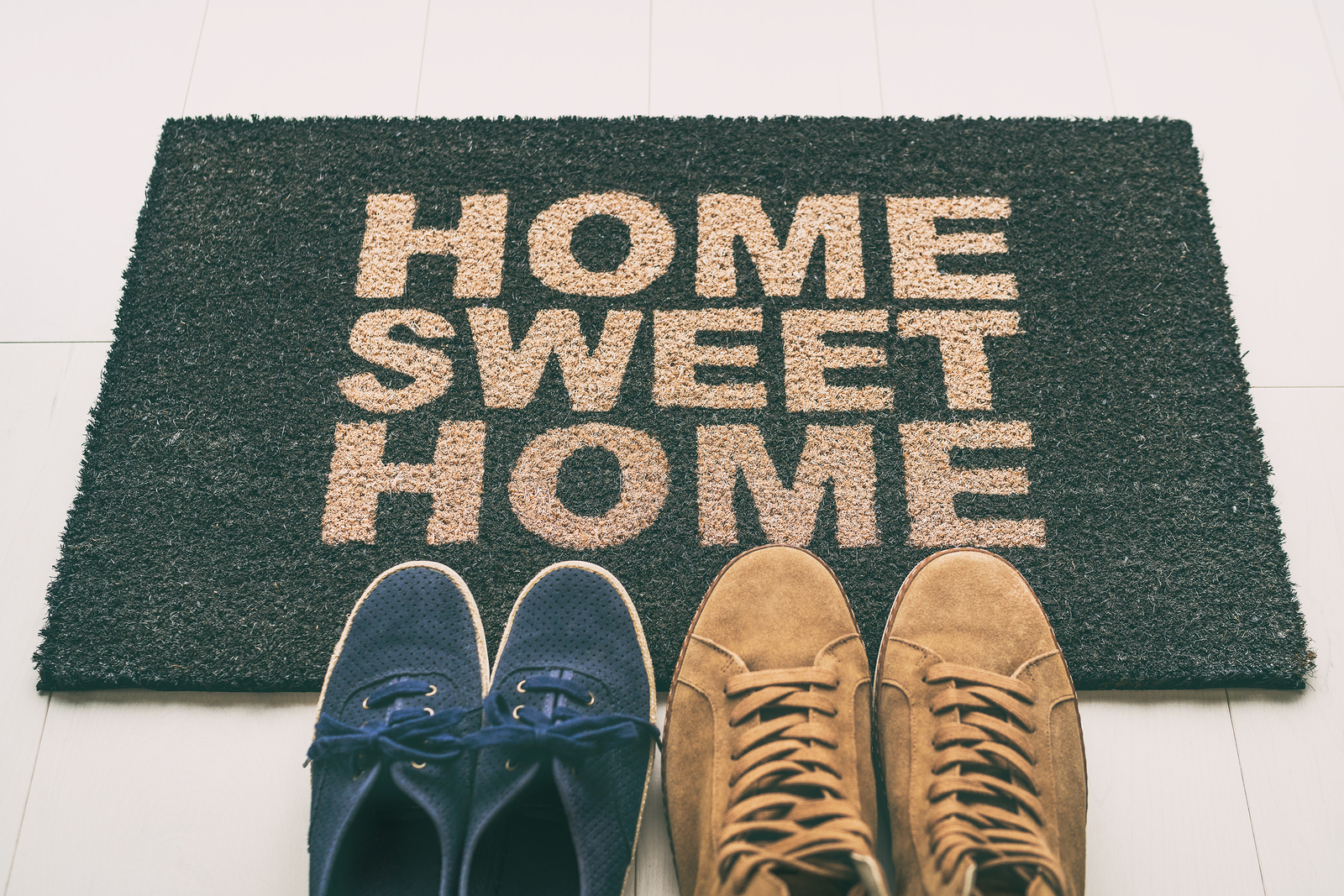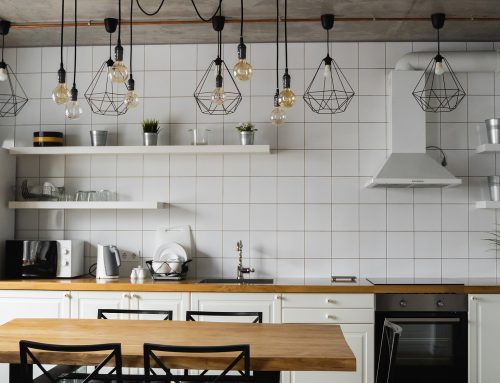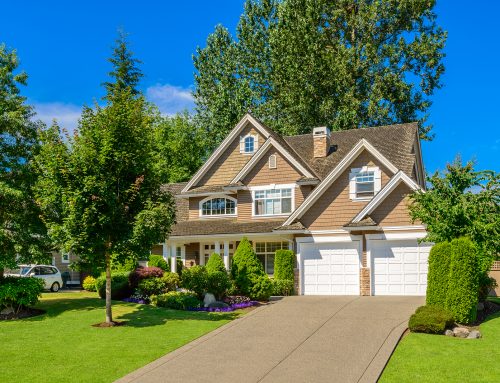It’s so easy to assume that the home you’re shopping for is the one you will live in for the rest of your life. As we all know, however, times change, tastes change and, yes, people change.
Nests empty out or become fuller. Jobs may be relocated. A neighborhood can change and may no longer be the dreamscape it once was.
While keeping an eye toward the future is always a good idea when making any major financial investment, unless your name is Nostradamus, your predictions may be hit or miss.
Buyers looking to make their first home purchase are faced with a difficult choice: Should they buy a starter home or a forever home?
Here are a few things to consider.
Define “starter home,” please
Starter homes tend to be small–just one or two bedrooms–and valued below the median price for the area’s market. The least expensive starter homes are often fixer-uppers that require substantial work and renovations.
People move into starter homes with the intent of selling them several years down the road for a profit, and using the equity to move into a larger house.
Other folks prefer to hold off buying until they can buy their “forever” home. They may strategically save their money until they can afford their dream house, and, although it is seldom the case that they remain in that home for life, it is their intention to live in the home for the foreseeable future.
Pros and Cons to Buying a Starter Home
Starter homes require less of an initial investment than their larger, fancier counterparts. There is also a chance that the value will increase faster than that of the larger forever home. A good example of this is happening now, with so many homebuyers flooding the starter home market, values have skyrocketed. It’s a great time to sell a small home.
A smaller home is also far less stressful on a homeowner’s budget, beyond the smaller down payment and loan required to buy it.
Your monthly house payment may turn out to be less than what you currently pay in rent and the cost of maintenance and monthly utilities will be far less than they would be in a larger home.
Since you’re saving money every month, put some aside for renovations to help boost the home’s value.
On the flip side, it’s easy to outgrow a starter home when you’re young and growing a family.
As well, starter homes are often older and may require more frequent repairs.
Holding out for that “forever home” may be tempting but not wise. With interest rates so low, the time to buy a home is now and, although the inventory of starter homes is low, we’ve had great success helping our clients find them.
The important thing is to jump into the market soon so you can start building equity. That’s not going to be easy when you’re paying a larger house payment each month, more property taxes than those of a smaller home and increased utility bills.
Questions? Feel free to reach out to us.
Powered by WPeMatico






